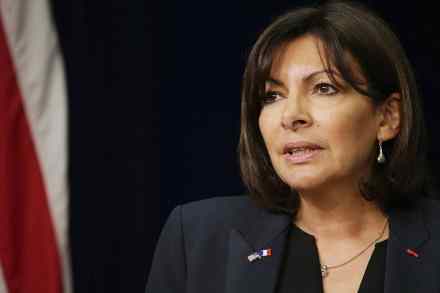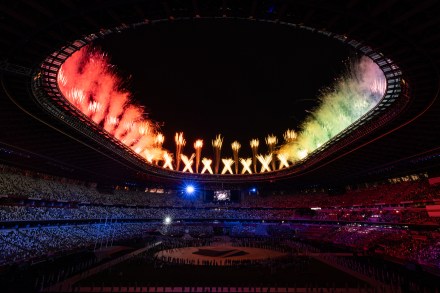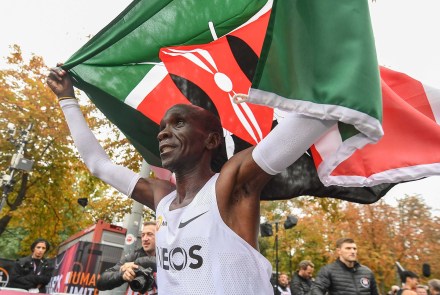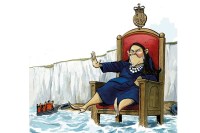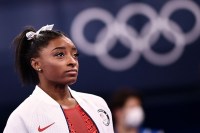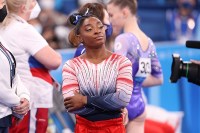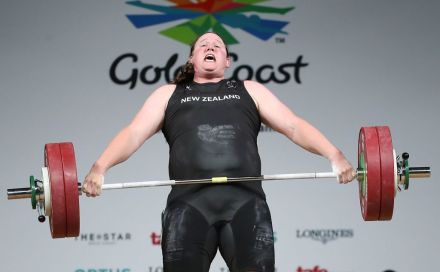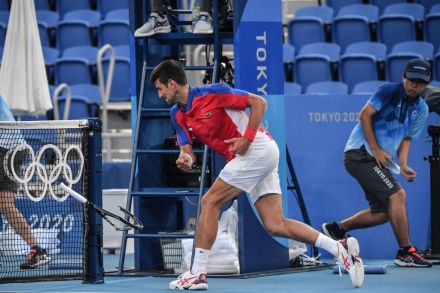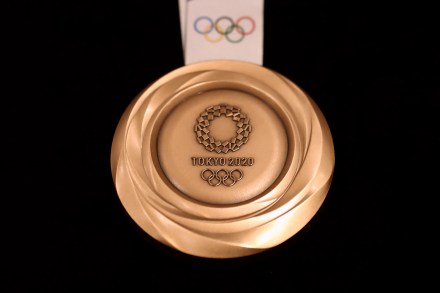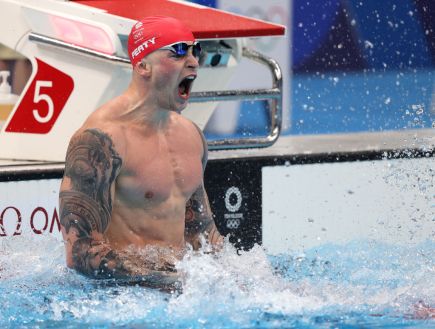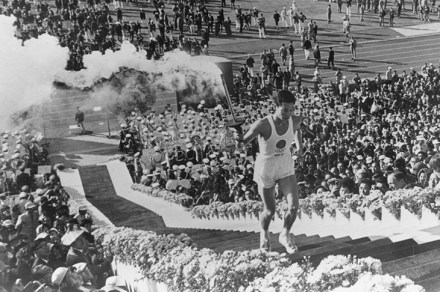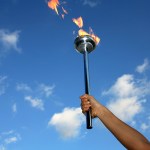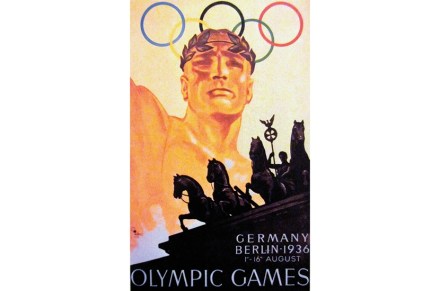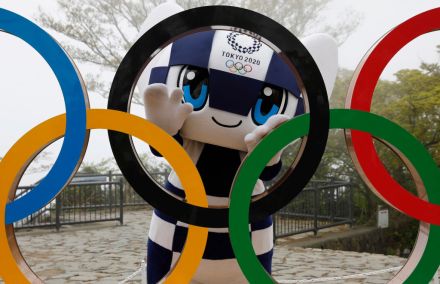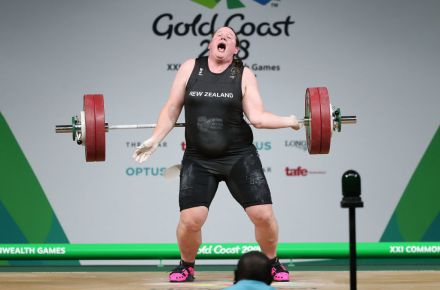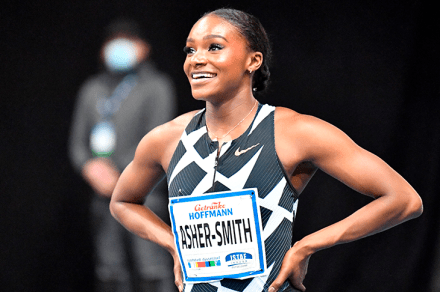Anne Hidalgo’s socialist reign of error in Paris
A photograph, taken in June 2014, has become emblematic of Anne Hidalgo’s Socialist rule of Paris. In the picture stands Queen Elizabeth II, then 88, in Paris to unveil a plaque at the Marché aux Fleurs, near Notre Dame. The Queen, in addition to her usual black handbag, carries her own plastic umbrella. Next to her, the newly-elected mayor, dressed in a cream outfit, has her hands free while a city official holds a large umbrella above her perfect blow-dry. The Spanish-born Hidalgo, 62, now about to announce her candidacy for the 2022 presidential election, is a woman untouched by self-doubt. Any criticism of her stewardship of the capital —
